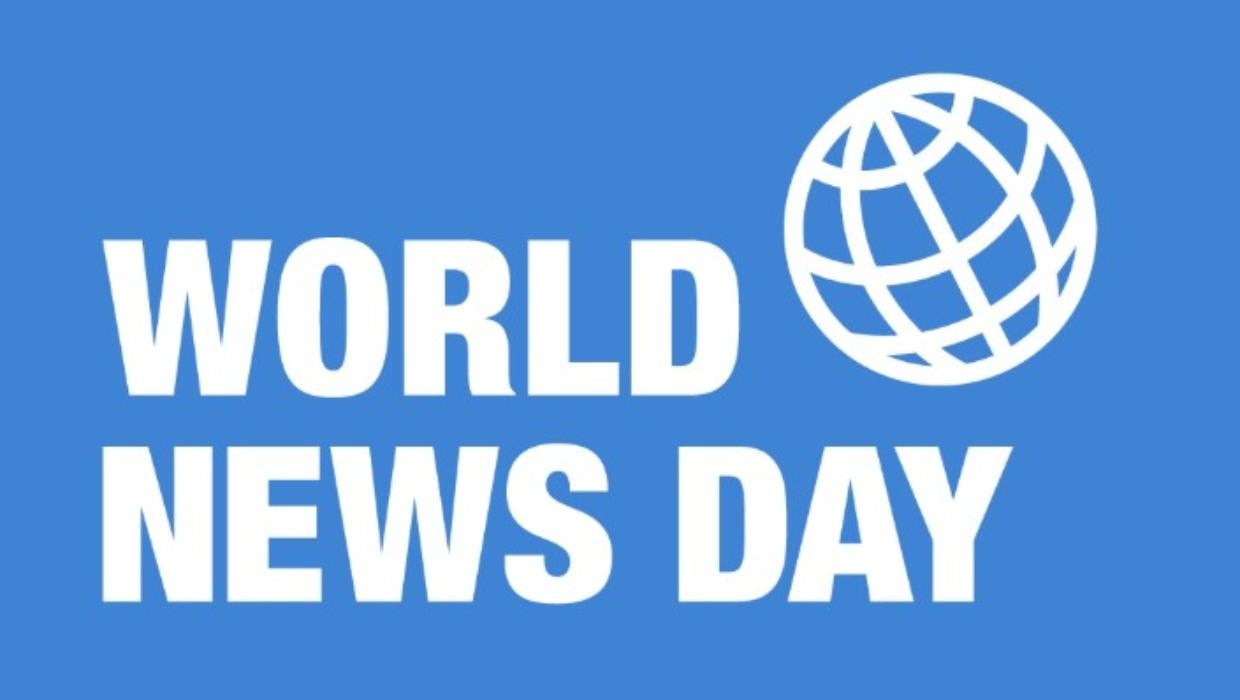Science
Economists Warn: Quality Journalism Essential for Economic Health

On September 28, 2023, in observance of World News Day, a group of eleven distinguished economists, including two Nobel laureates, issued a stark warning: robust economies, vibrant democracies, and a healthy civil society hinge on the presence of quality journalism. Their statements highlight the crucial role that accurate and reliable reporting plays in fostering informed citizenry and transparent governance.
The economists, who include prominent figures in the field, emphasized that journalism is not merely a vehicle for information but a foundational pillar for economic stability. They argue that without a strong press, societies face risks such as misinformation and a lack of accountability among those in power. This sentiment reflects a growing recognition of the interdependence between free press and a functional economy.
Linking Journalism to Economic Stability
According to the group, which features notable economists from various countries, journalism serves as a watchdog that helps to maintain the integrity of economic systems. The Nobel laureate economists, such as Joseph Stiglitz and Paul Krugman, reiterated the importance of investigative reporting in exposing corruption and championing public interests. Their collective message underscores that without diligent reporting, citizens are left vulnerable to exploitation and deceptive practices.
The statement coincides with broader discussions at international forums, including those held by the International Monetary Fund (IMF) and the United Nations Educational, Scientific, and Cultural Organization (UNESCO). These organizations have also recognized the pivotal role of media in promoting economic growth and stability.
The economists highlighted alarming trends in media consumption, where sensationalism often overshadows factual reporting. They urged governments and institutions to support independent journalism as a necessary investment for future economic resilience.
The Role of Public Engagement
In their declaration, the economists called upon the public to engage actively with credible news sources. They noted that informed citizens are better equipped to participate in democratic processes and hold their leaders accountable. This relationship between informed engagement and economic health is vital, as it promotes transparency and trust within societies.
Moreover, the group pointed out that the decline in local journalism has particularly detrimental effects on communities, as these outlets often report on issues affecting everyday lives. They argued that without local perspectives, significant local issues may go unheard, further eroding public trust in institutions.
As the world grapples with various challenges, including economic inequality and political polarization, the economists’ message serves as a timely reminder of the importance of preserving press freedom. They called for a global movement to protect journalists and uphold the standards of quality reporting.
In conclusion, the warning from these leading economists on World News Day emphasizes that the health of economies, democracies, and civil societies is inextricably linked to the quality of journalism. As they advocate for support and investment in media, the message resonates: a well-informed public is essential for a thriving society.
-

 World3 months ago
World3 months agoTest Your Knowledge: Take the Herald’s Afternoon Quiz Today
-

 Sports3 months ago
Sports3 months agoPM Faces Backlash from Fans During Netball Trophy Ceremony
-

 Lifestyle3 months ago
Lifestyle3 months agoDunedin Designers Win Top Award at Hokonui Fashion Event
-

 Sports3 months ago
Sports3 months agoLiam Lawson Launches New Era for Racing Bulls with Strong Start
-

 Lifestyle3 months ago
Lifestyle3 months agoDisney Fan Reveals Dress Code Tips for Park Visitors
-

 World4 months ago
World4 months agoCoalition Forms to Preserve Māori Wards in Hawke’s Bay
-

 Health3 months ago
Health3 months agoWalking Faster Offers Major Health Benefits for Older Adults
-

 Politics3 months ago
Politics3 months agoScots Rally with Humor and Music to Protest Trump’s Visit
-

 Top Stories4 months ago
Top Stories4 months agoUK and India Finalize Trade Deal to Boost Economic Ties
-

 Entertainment3 months ago
Entertainment3 months agoExperience the Excitement of ‘Chief of War’ in Oʻahu
-

 World4 months ago
World4 months agoHuntly Begins Water Pipe Flushing to Resolve Brown Water Issue
-

 Science4 months ago
Science4 months agoNew Interactive Map Reveals Wairarapa Valley’s Geological Secrets









